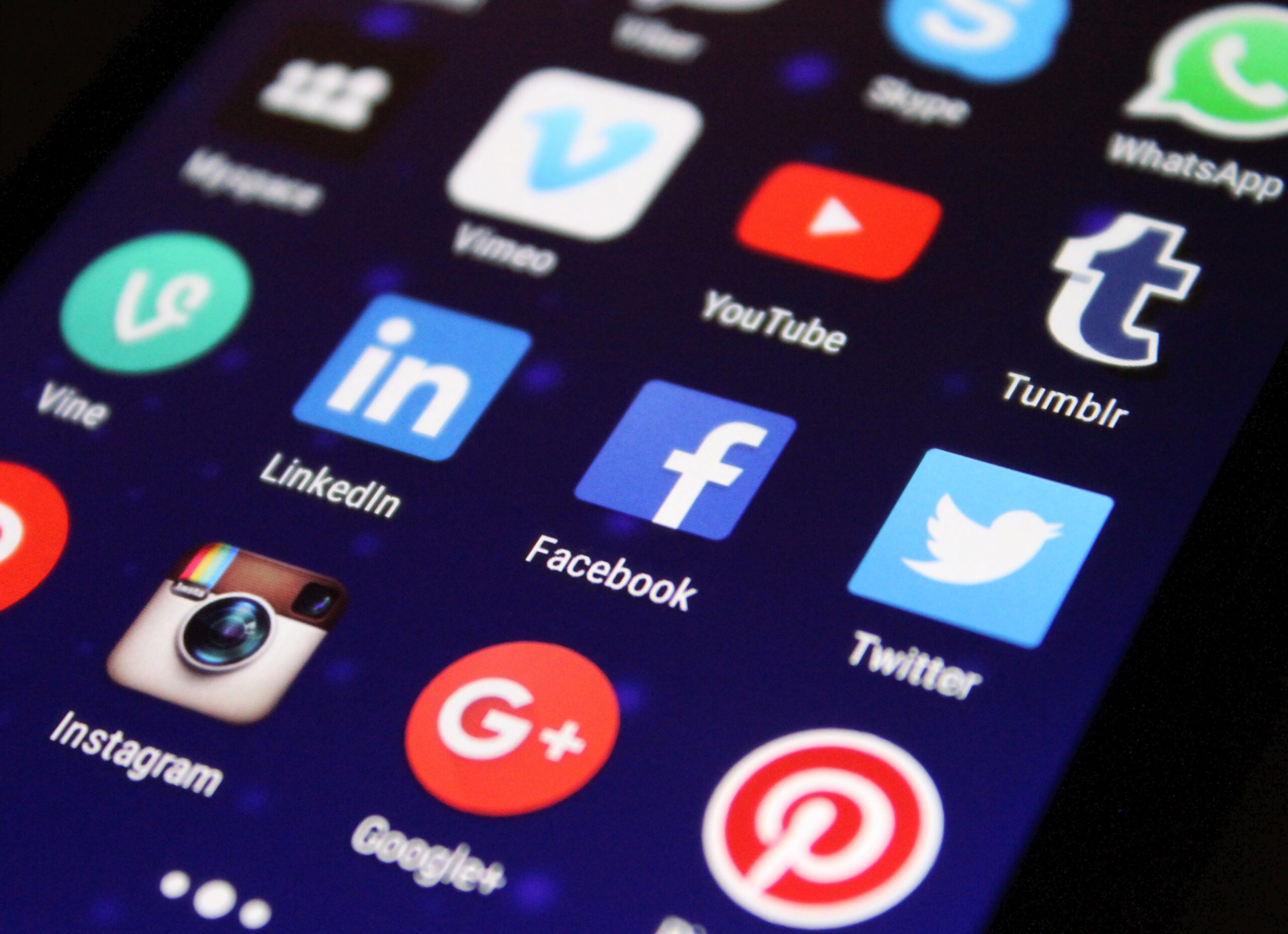In recent times, there has been growing concern over the misuse of social media for orchestrating defamatory campaigns against the government, judiciary, military, and even journalists and private individuals. In response, the state has enacted various legislative measures, including the broadening of the Prevention of Electronic Crimes Act and, more recently, the passing of a defamation law by the Punjab Assembly.
These actions have sparked heated debate regarding their appropriateness and effectiveness. While there is a consensus that social media abuse must be curbed, rights activists and journalists warn that such measures should not infringe on constitutional freedoms of speech and expression. The problem is widely acknowledged, but the proposed solutions vary significantly.
A powerful forum recently issued a strongly worded statement on ‘digital terrorism’, highlighting its serious view of deviant activities online. While the forum’s concern over social media abuse is shared by many, including the media, equating social media dissent with acts of terrorism is seen as problematic.
Pakistan has endured a long and painful struggle against militancy and terrorism, marked by the loss of thousands of lives. Conflating the genuine threat posed by terrorism with the online actions of a few misguided individuals or miscreants seems excessive. Authorities might see better results with a more reflective approach. It is essential to acknowledge that societal polarization is not solely due to social media content. The ruling class, including civilians and military officers, are part of the same society as their critics and cannot distance themselves from the prevailing social dynamics.
The extreme emotions expressed online reflect deep social and political angst. Unless the root causes of this instability are addressed, people will continue to act in ways detrimental to both state and society. Merely labelling critics as ‘digital terrorists’ and initiating a new crackdown is unlikely to yield positive results and could even exacerbate discontent.
What is needed is a broader, inclusive debate on how to manage and mitigate the challenges posed by social media while respecting freedom of expression. Additionally, a softer, more empathetic approach is required to mend societal rifts. Patience and fortitude are crucial in resolving these issues.
Addressing the misuse of social media requires a balanced and thoughtful approach. Legislative measures should be carefully calibrated to avoid infringing on constitutional freedoms. Simultaneously, efforts must be made to understand and address the underlying causes of societal discontent. Only through inclusive dialogue and empathetic engagement can the nation navigate these challenges effectively.
